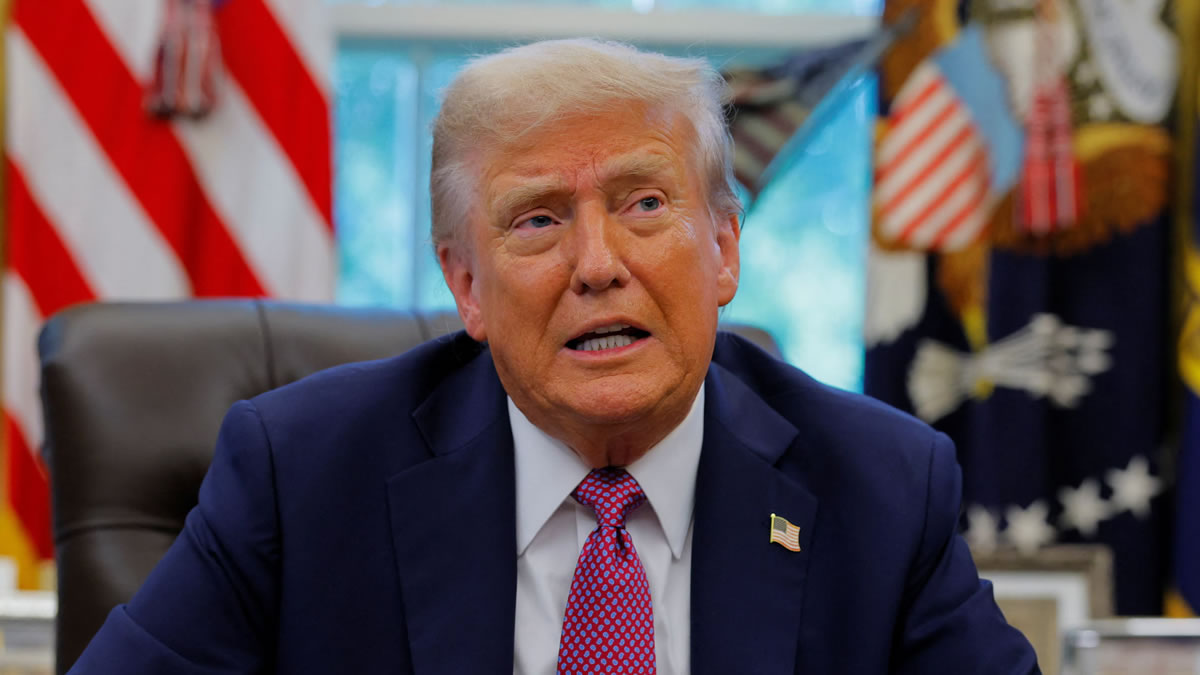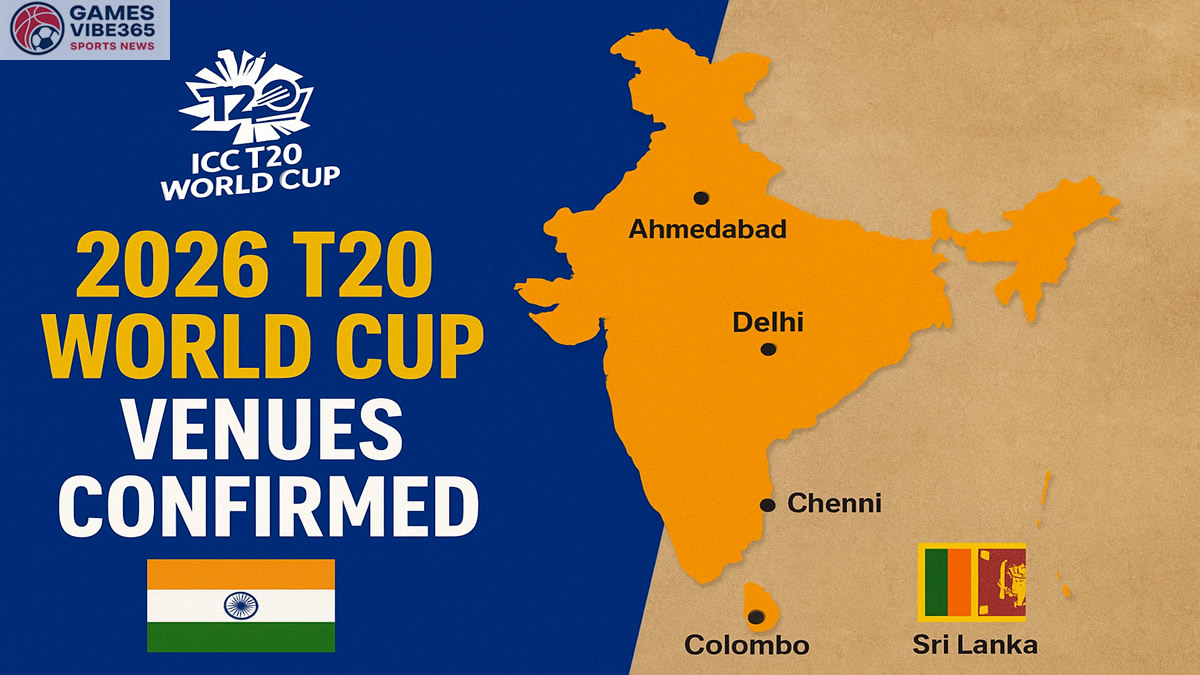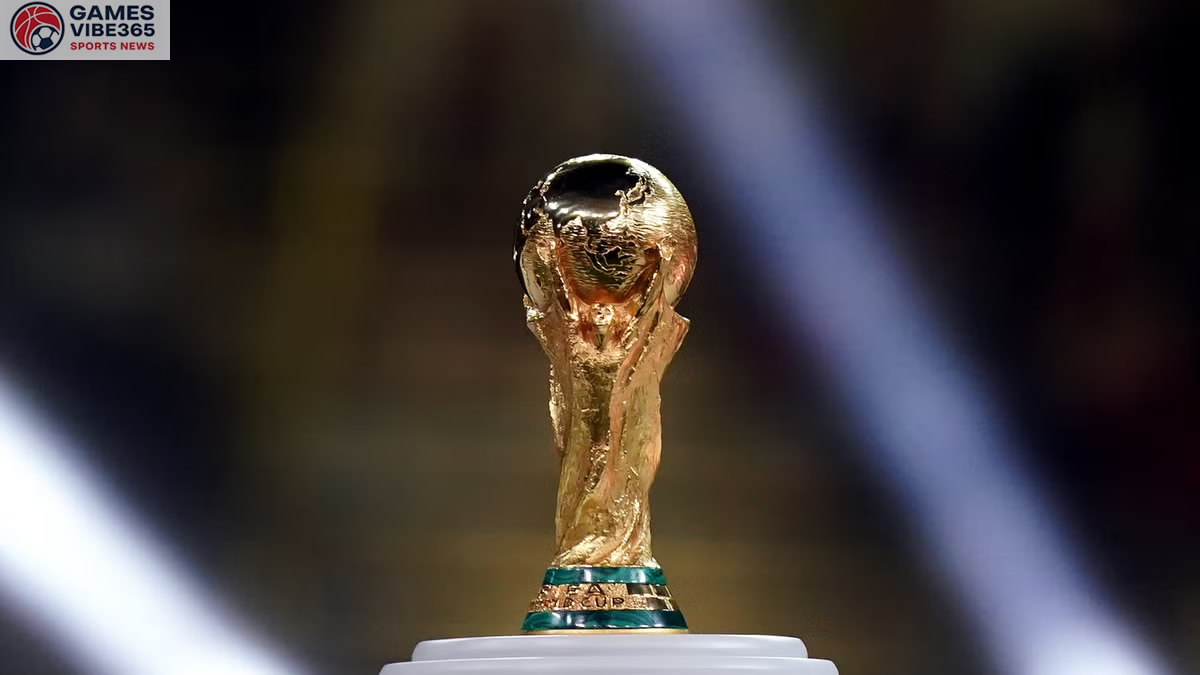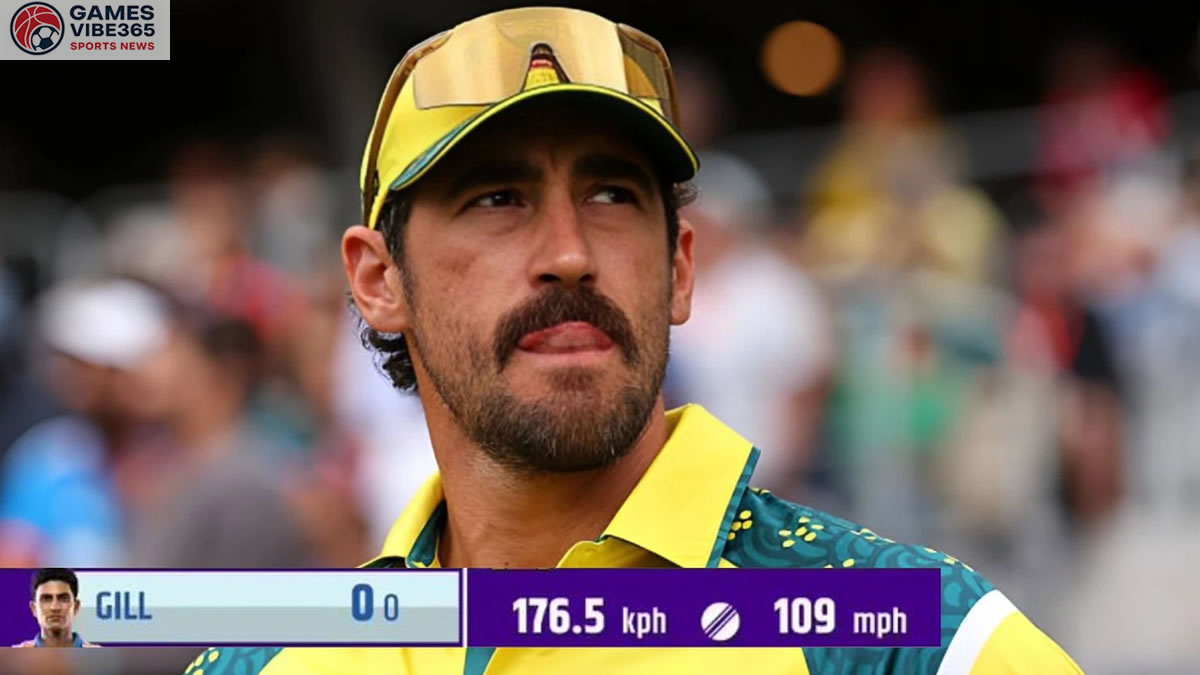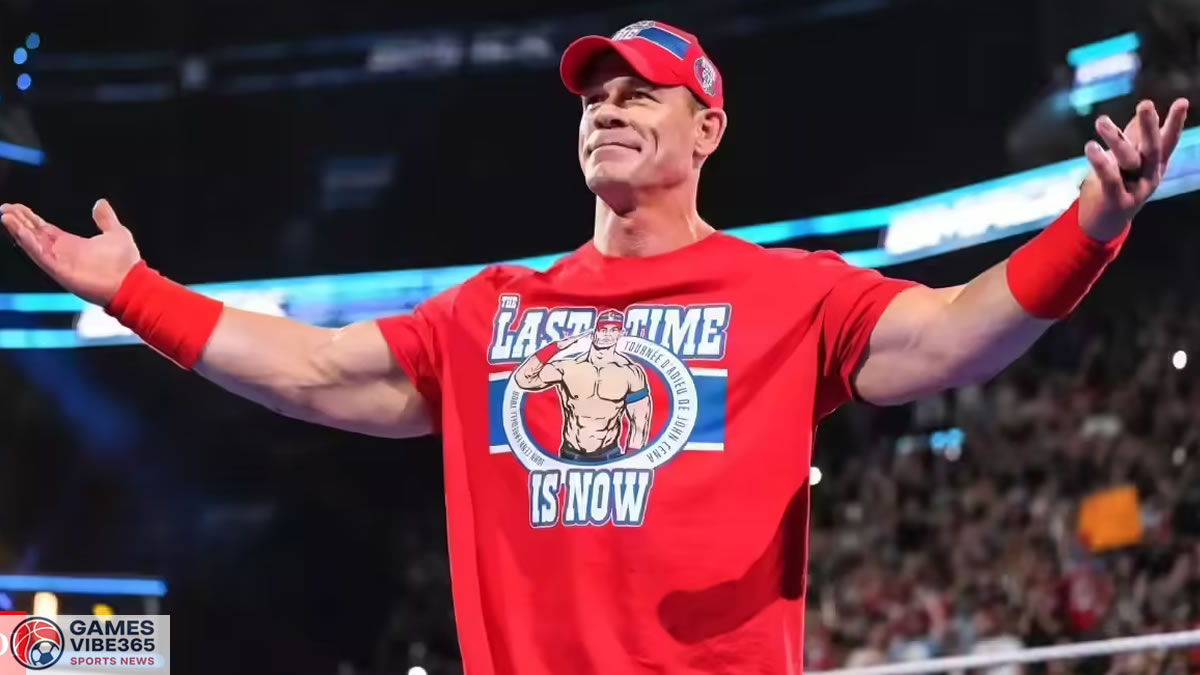The build-up to the FIFA World Cup 2026 has taken an unexpected turn after former U.S. President Donald Trump claimed he might intervene in the hosting arrangements of the tournament. His remarks, made during a recent public appearance, have sparked debate across the sporting and political landscape as fans and officials prepare for football’s biggest spectacle to arrive in North America
A Tournament Spread Across Three Nations
The 2026 World Cup will be historic in many ways. For the first time, three countries United States, Canada, and Mexico will jointly host the tournament. FIFA selected a total of 16 cities across the three nations, with the U.S. contributing the majority.
Current host cities in the U.S. include:
- Seattle
- San Francisco Bay Area
- Los Angeles
- Dallas
- Houston
- Kansas City
- Atlanta
- Miami
- Boston
- Philadelphia
- New York/New Jersey
In Canada, Toronto and Vancouver are confirmed venues, while Mexico City, Monterrey, and Guadalajara will carry Mexico’s share of the matches.
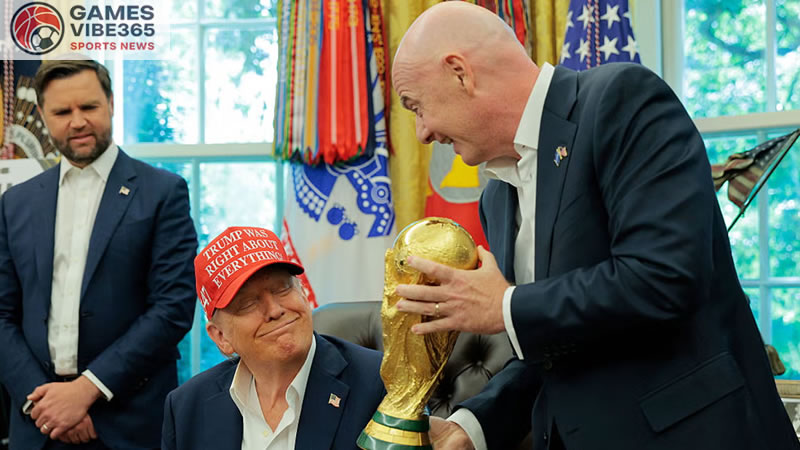
Trump’s suggestion that he could alter or relocate venues has therefore raised questions about whether such a move is even possible under FIFA’s governance structure.
Trump’s Bold Statement
While Trump did not provide specific reasons for his comments, he issued a direct warning:
“I could step in by changing World Cup 2026 locations.”
The statement quickly made headlines, as it touches not only on the organization of a global sporting event but also on international diplomacy. The World Cup is more than just football—it’s a massive economic and cultural undertaking, with billions of dollars in play and millions of fans expected to travel.
What Would Relocation Mean?
If Trump—or any political figure—were to attempt such a move, the consequences would be enormous:
- Legal complications: FIFA’s contracts with host cities are legally binding, making unilateral changes highly unlikely without repercussions.
- Economic setbacks: Cities have already invested heavily in infrastructure, stadium upgrades, and transport systems. Relocation could lead to major financial losses.
- Fan disruption: Millions of supporters are planning their trips well in advance. Changing venues this late could create chaos for fans, airlines, and tourism sectors.
This is why most analysts see Trump’s comments more as political rhetoric than an actionable plan.
Why This Matters
The World Cup is not just a sporting event—it is a showcase of national image and soft power. By hinting at venue changes, Trump positions himself at the center of a global conversation, potentially appealing to nationalist sentiments among his base.
Moreover, this move echoes his earlier stances on international agreements during his presidency, where he often challenged existing deals or threatened to withdraw from multinational commitments.
The Stakes for North America
For the U.S., hosting the 2026 World Cup is more than just about football—it is a chance to:
- Boost tourism: Millions of international visitors are expected, generating billions in revenue.
- Showcase cities: From New York’s iconic skyline to Miami’s vibrant culture, the event will highlight America’s diversity.
- Grow soccer domestically: With the sport’s popularity surging, especially among younger audiences, the World Cup could push the U.S. closer to being a footballing powerhouse.
Canada and Mexico, too, see this as an opportunity to strengthen their presence on the global sports map. Toronto’s multicultural energy, Mexico City’s football passion, and Vancouver’s scenic backdrop make them integral to the tournament’s appeal.
Lessons From the Past
This isn’t the first time politics has collided with sport.
- In 2018, global debates surrounded Russia’s hosting of the World Cup amid international tensions.
- In 2022, Qatar’s preparations were scrutinized for human rights issues, yet the tournament went ahead as planned.
- The 1986 World Cup, originally awarded to Colombia, was relocated to Mexico due to economic and logistical challenges.
However, unlike Colombia in the 1980s, the U.S., Canada, and Mexico have robust infrastructure and resources, making a last-minute relocation highly improbable.
Expert Opinions
Sports analysts and FIFA insiders largely dismiss Trump’s claims as unrealistic. According to governance rules, FIFA—not political leaders—has final authority over venues once contracts are signed.
“Host cities are locked in years in advance. It would take a crisis of unprecedented scale to change that,” one sports law expert explained.
Fan Reactions
Football fans, both in North America and worldwide, have reacted with a mix of amusement and concern. Many see Trump’s remarks as political theater, while others worry about uncertainty overshadowing the excitement leading up to the tournament.
On social media, fans were quick to point out that stadiums like MetLife in New York and AT&T Stadium in Dallas are already being renovated and marketed as World Cup-ready.
Final Thoughts
Trump’s assertion that he could alter the venues of the 2026 FIFA World Cup has certainly drawn global attention, but the practicality of such an intervention remains highly doubtful. With billions of dollars, years of planning, and FIFA’s strict governance at stake, the tournament is almost certain to proceed as scheduled across the designated cities.
Yet, the former president’s comments highlight a recurring truth: major sporting events are never immune to politics. As the countdown to 2026 continues, football fans will be watching not just the players on the field, but also the political narratives unfolding off it.
Also Read: FIFA World Cup 2026 Full List of Qualified Teams Tournament Format and Key Details

